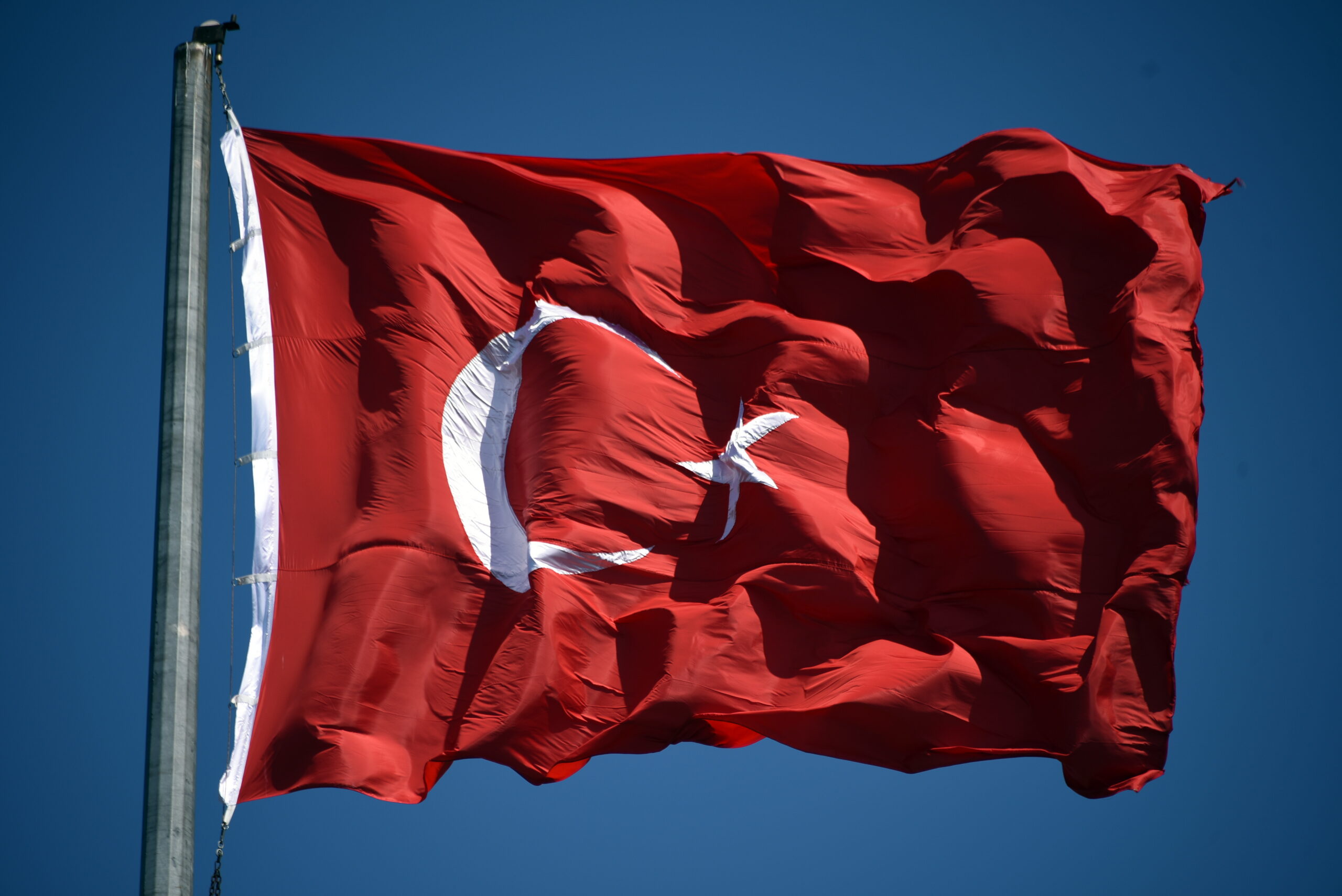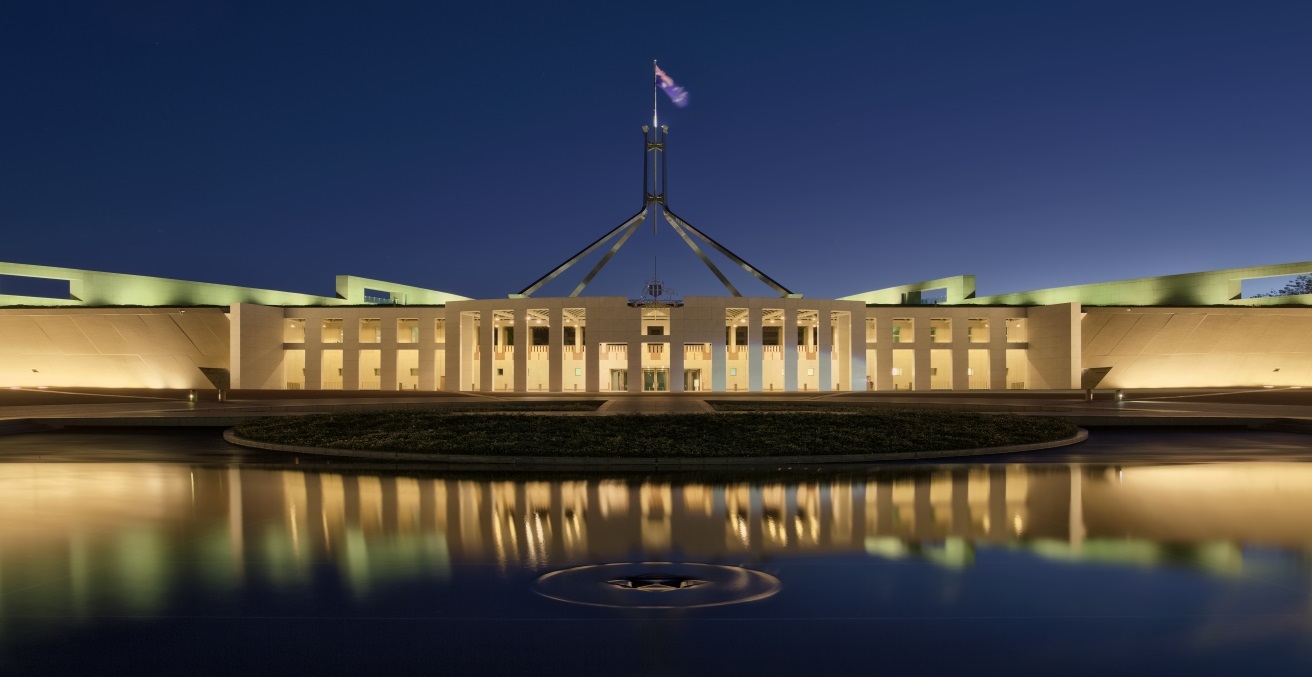Osama Bin Laden saw himself as the architect of a plan to defeat the West. The strategic goals he set forth in his war with the West have largely been achieved.
These are inflammatory words which will probably be met with a chorus of outrage and denials. Bin Laden is dead. Al Qaeda is a shattered shadow of itself. Iraq is a somewhat functional state with an elected government. The Taliban of today is not what they were two decades ago. The citizens of the West are safer from the threat of Islamist inspired terrorism than they have been in decades. All these statements may be true, but they fail to acknowledge that Bin Laden did not see himself as just an Islamist terrorist.
In his 1996 and 1998 fatwahs Bin Laden outlined his ultimate goals: the liberation of the Land of the two Holy Places (Saudi Arabia) from American troops and influence, and the liberation of Palestine, coupled with the annihilation of the state of Israel. These goals have obviously not been met, and are nowhere near being achieved. So how can anyone claim that Bin Laden’s intentions have been met with success? The answer to this question can be found in Bin Laden’s strategy for reaching those overarching goals.
Bin Laden’s first experience of fighting against a superpower was as part of the Mujahideen resistance to the Soviet occupation of Afghanistan in the 1980s. In 1979 following a coup, Soviet troops entered Afghanistan to restore order, and to uphold the attempts of communist reform which had been made in the nation over the previous 18 months. This action provoked outrage not only from the international community, but also from the global Islamist movement, which saw it as an act of aggression by what they perceived as an atheist and anti-Muslim superpower. Over the next ten years many groups and powers fought the Soviets, but the most famous was the Afghan Mujahideen, and of those the most famous were the Afghan Arabs. The Afghan Arabs were an Islamist-inspired volunteer force of Arabs who believed that it was their duty as Muslims to support the fight against the Soviet Union in Afghanistan. Osama bin Laden was one of them.
Bin Laden quickly became involved with the Afghan Mujahideen in the early 1980s by suppling money and construction equipment obtained through his inherited wealth. Bin Laden would go on to help funnel fighters, arms, and money to the Mujahideen from Muslims across the world. In the late 1980s Bin Laden established his own small force of fighters and would go on to be acclaimed across the Arab world for his actions in the Battle of Jaji against the Soviets, though it is unclear what part Bin laden played in that battle. As the decade-long war dragged on in Afghanistan, Bin Laden saw that a markedly inferior force could defeat a superpower as the determined insurgency of the Mujahideen, and others, sapped the Soviets’ resources and will to fight.
Following the collapse of the Soviet Union, Bin Laden set his sights on the West. Bin Laden had considered the “Zionist-Crusader alliance” of the West to be a corrupting influence on Muslims, but it was the American involvement in the First Gulf War which incensed him. This was due to American troops being deployed and later permanently stationed in Saudi Arabia, which in Bin Laden’s eyes was polluting and defiling the Land of the two Holy Places. In response, Bin Laden decided it was time to defeat the United States, and the West more broadly, in a similar way to which the Soviet Union was defeated.
In his media appearances and addresses throughout the 1990s and early 2000s, Bin Laden carefully laid out the strategy by which he would antagonise and provoke the West, through the use of escalating terrorist attacks, into “bleeding wars.” It was by these wars that Bin Laden stated that he would exhaust and bankrupt the United States and its Western allies. With the United States and the rest of the West demoralised and exhausted by a global Islamist insurgency, Bin Laden believed that Al Qaeda would then be able to topple Western-friendly regimes across the Middle East, and purge all defiling Western influence from the Land of the two Holy Places.
The key to understanding Bin Laden’s use of terrorism is that he never saw terror as the end goal, nor did he believe that the West would be defeated by terrorism. Rather, Bin Laden saw terrorism as a means to provoke the West into retaliating and attacking the Muslim nations which were perceived as safe havens of terrorists. Once engaged in these armed conflicts, Bin Laden predicted that the mounting costs and dead soldiers would be unpalatable for the Western public, and that the West will have turned the majority of Muslims worldwide against it by waging bloody wars of attrition in Muslim nations. These factors would then combine to force the West into humiliating withdrawals.
Bin Laden’s objective was to either cause the West to collapse, or to be too exhausted and war weary to fight on. In the latter, he has succeeded. The United States was so determined not to be fighting on the 20th anniversary of 9/11 that Afghanistan was effectively abandoned to the Taliban. For the United States alone, the War on Terror is conservatively projected to cost, in the form of two wars, increased security costs, and future veterans care, at least $8 trillion. Added to this total are at least 800,000 who have died as a direct consequence of the violence of the War on Terror. Of those many deaths, thousands were Western troops, though the majority of those killed were local civilians caught in the crossfire.
There have been many alternative proposals as to how the last twenty years since 9/11 could have gone, though it is clear that there has been no strategic framework guiding the actions of the West to prevent mission creep expanding what had been an act of retaliation into a many-fronted war. Due to this lack of guidance, the West fell right into the trap which Bin Laden clearly and publicly laid.
Following the fall of Kabul, many questions are ringing in the minds of militant Islamists and the Western populace alike. How much willpower is left in the West to engage in another war in the Middle East? If the Taliban with some old guns can outlast the might of the combined forces of NATO, and return to power victorious as the West flees in humiliating defeat, what was the point? If another government was toppled or taken over by Islamist forces, would the West even seriously consider another military intervention? It is this final point which will be the litmus test of whether Bin Laden has “won” or not. If the governments or vast swathes of nations such as Pakistan or Iraq were to fall to an Islamist force and the West did little or nothing to stop it, then Bin Laden will have found success.
Paul Alva is a third-year student at the University of Canberra. He has a keen interest international affairs, security studies, and the Middle East after having lived and worked amongst refugees there. He is currently studying a Bachelor of Politics and International Relations.
This article is published under a Creative Commons License and may be republished with attribution.




